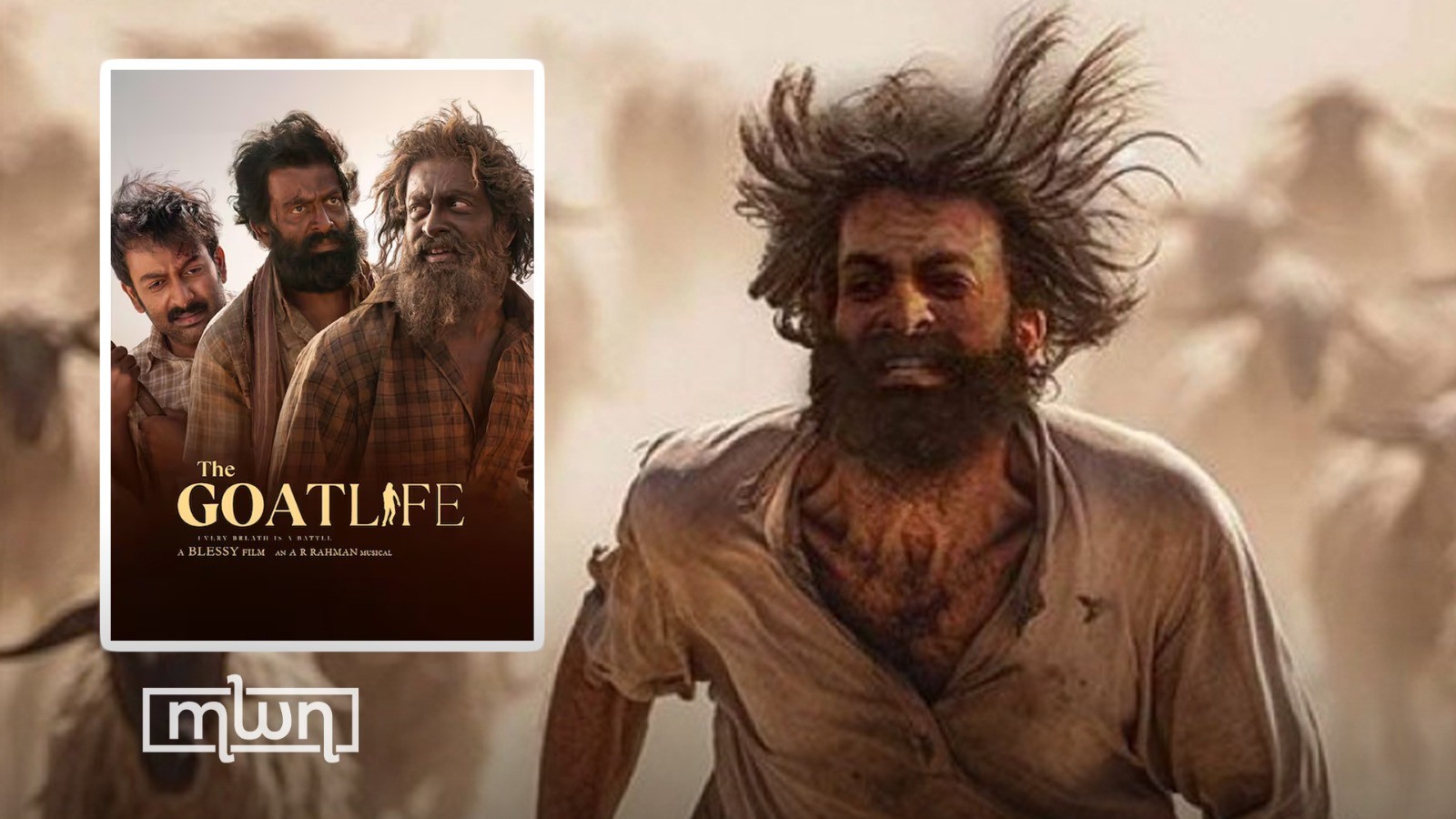Rabat- “This film does not offend any country, people, society, or race,” is the opening statement of the Indian film “The Goat Life,” currently streaming on Netflix.
The film claims to be based on the true story of an Indian worker named “Najeeb,” who immigrated to Saudi Arabia in the early 1990s. He found himself under the control of a fictitious sponsor, leading to three years of slavery and inhumane living conditions in the desert before he managed to escape.
The filmmakers’ opening statement appears to be an attempt to preempt the backlash that has emerged, particularly among Gulf audiences and Saudis.
The film has ignited debate over Saudi Arabia’s “Kafala” or sponsorship system for foreign workers, which has faced long-standing criticism from humanitarian organizations and international human rights groups for its potential abuses of workers’ rights and fundamental human rights.
The film has generated controversy on social media in Saudi Arabia and other Arab countries, particularly in the Gulf region. Supporters argue that it highlights the realities faced by foreign workers and the shortcomings of the sponsorship system in Saudi Arabia.
On the other hand, critics claim that the film is a fictional narrative designed to tarnish Saudi Arabia’s image and criticize it at a sensitive time, as the country prepares to host significant global events, including the 2034 World Cup.
Read also:
The three-hour film begins with shots of Najeeb Muhammad, a young man from Kerala, who dreams of a better future for his unborn child. After struggling to afford a visa, he and his brother secure jobs with a Saudi company, but their lives take a dark turn upon arrival in Jeddah.
Najeeb’s sponsor forces him to live alone in the desert with only goats for company. Over time, Najeeb becomes emotionally numb and loses his sense of self. The film portrays his harrowing three-year ordeal and eventual escape.
Directed by Indian filmmaker Blessy Ipe Thomas, the film has achieved significant success and received critical acclaim. It has also topped the charts as one of the most-watched films in many countries around the world.
The film did not cause major controversy when it was first released in March or when it became a Netflix sensation in July. However, the release of the Arabic translation in August significantly boosted its viewership in Arab countries and sparked broader reactions, making it a prominent conversation topic on social media in the Gulf region in recent days.
Besides critiquing the Saudi sponsorship system, the film has faced substantial criticism for allegedly offending Arabs in general. It has been criticized for its portrayal of the Saudi Bedouin character, who is depicted as “greedy, harsh, miserly, deceitful, and unclean.”

















